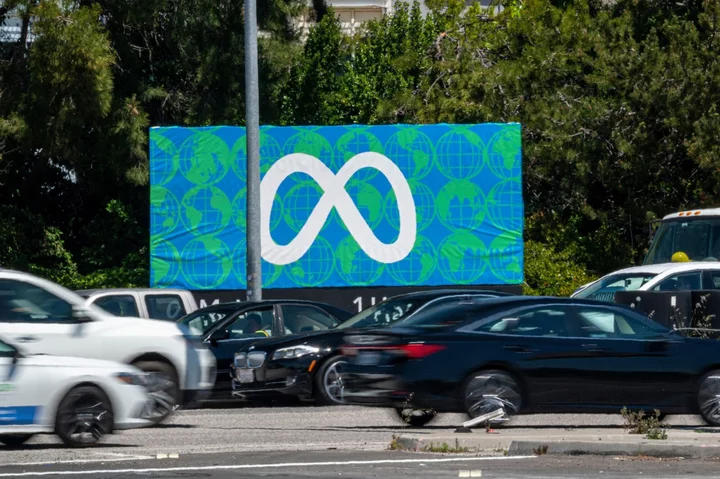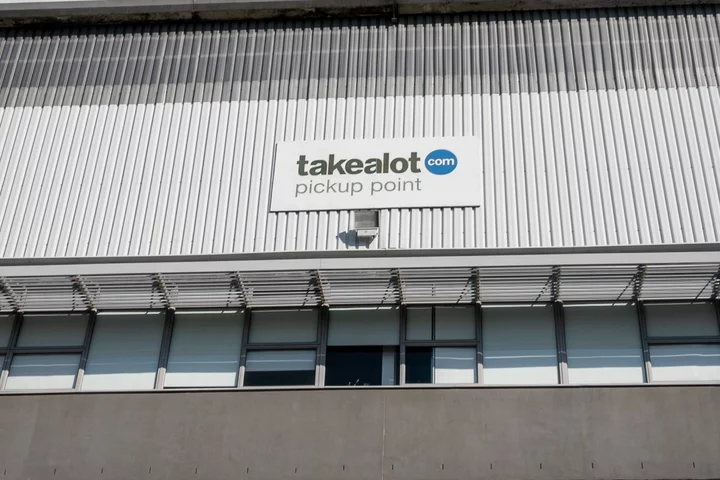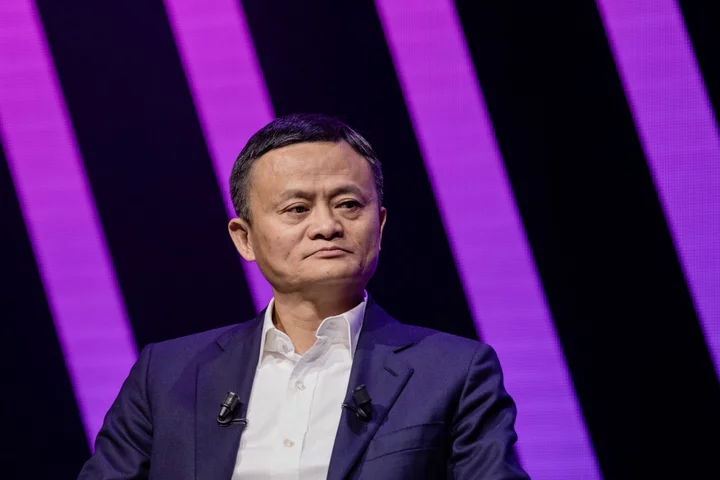Meta Platforms Inc. executives, speaking at an event Thursday, said there’s been no major drawbacks to openly sharing its AI technology, even as many peers take the opposite approach.
Over the past few months, Meta has been releasing open-source versions of its large language models — the technology behind AI chatbots like ChatGPT. The idea is to keep those models free and then gain an advantage by building products and services on top of them, executives said at an event for the company’s AI research Lab FAIR.
“There is really no commercial downside to also making it available to other people,” said Yann LeCun, Meta’s chief AI scientist.
Meta has joined most of the world’s biggest technology companies in embracing generative AI, which can create text, images and even video based on simple prompts. But they aren’t taking the same path. Many of the top AI developers, including OpenAI and Google’s DeepMind, don’t currently open-source their large language models.
Companies are often fearful of opening up their work because competitors could steal it, said Mike Schroepfer, Meta’s senior fellow and former chief technology officer. “I feel like we’re approaching this world where everyone is closing down as it becomes competitively important,” he said.
But staying open has its advantages. Meta can rely on thousands of developers across the world to help enhance its AI models. That means the technology could potentially improve at a faster rate than if the company was only using its own researchers.
“If you do this in secret, you fall behind,” LeCun said.
The recent turmoil at ChatGPT-creator OpenAI has accelerated a global debate about the evolution of artificial intelligence, and whether companies should be more transparent about their approaches in developing a potentially game-changing technology.
Over the summer, Meta released commercial versions of Llama 2 and Code Llama — AI technology that rivals ChatGPT and Microsoft Corp.’s GitHub Copilot. By providing free access to its large language models, which require massive amounts of computing power, Meta is allowing smaller companies and developers to build AI tools.
Meta does plan to charge some big companies, such as Microsoft, Amazon.com Inc. or Alphabet Inc.’s Google, for using its large language models, Chief Executive Officer Mark Zuckerberg told investors earlier this year. “I don’t think that that’s going to be a large amount of revenue in the near term, but over the long term, hopefully that can be something,” he said.
Meta’s FAIR team, short for Fundamental Artificial Intelligence Research, was started a decade ago and now has more than 400 researchers spread across North America and Europe. Recently, the team has been focusing more on finding product applications for its research. In January, Meta created a new AI product group focused solely on infusing generative AI technologies into its products.
(Updates with context on AI debates. A previous version was corrected to fix spelling of Zuckerberg and an acronym.)









